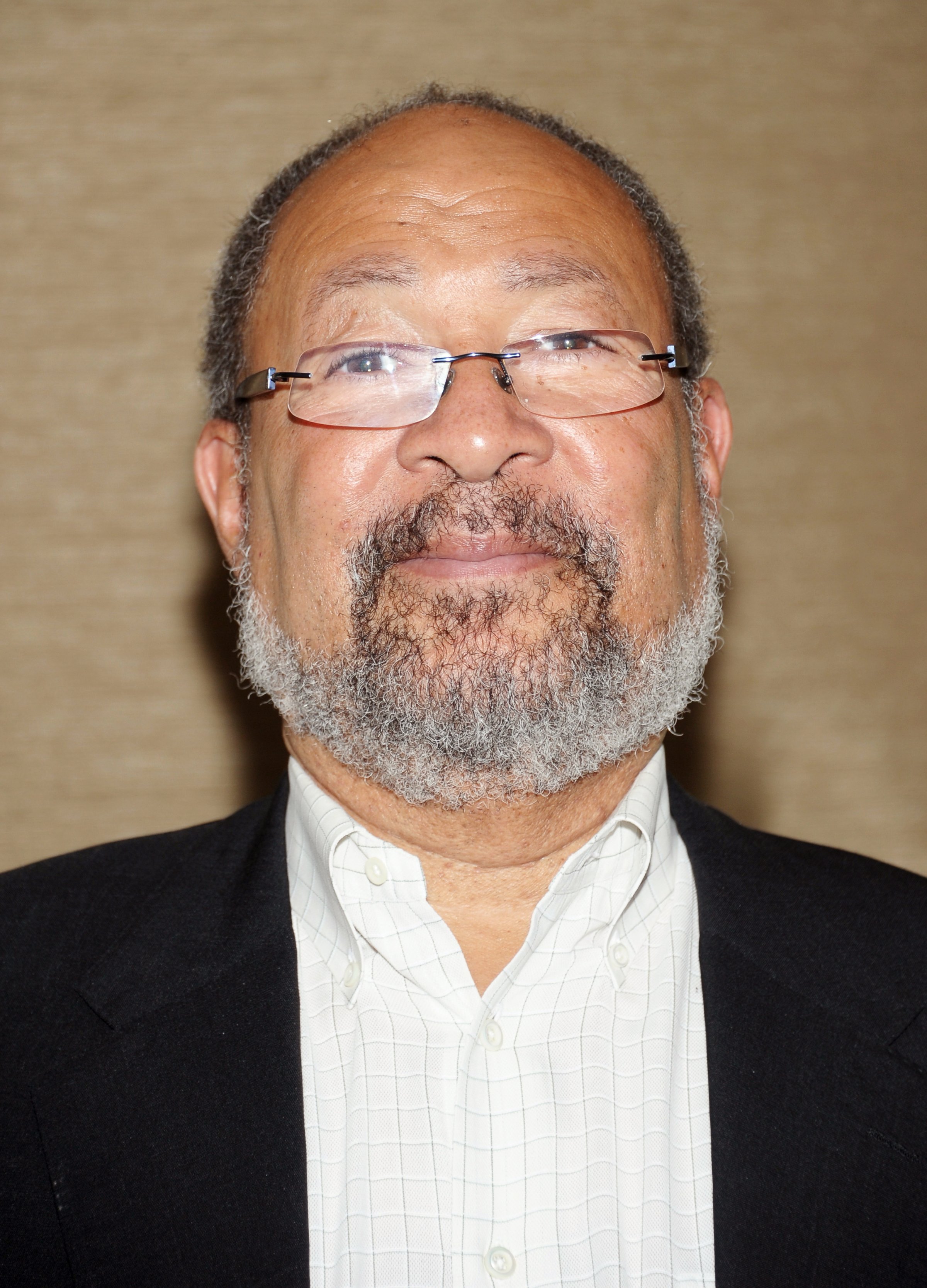
The NBA named former Citigroup chairman Dick Parsons the interim CEO of the Los Angeles Clippers Friday, more than a week after the league banned Clippers owner Donald Sterling from his team for making racist comments.
The league said earlier this week that it would look for someone to manage day-to-day operations after it suspended Sterling for life and fined him $2.5 million for the remarks, which were made public on April 25. On Tuesday, the NBA said team president Andy Roeser was taking an indefinite leave of absence to “provide an opportunity for a new CEO to begin on a clean slate.”
“I believe the hiring of Dick Parsons will bring extraordinary leadership and immediate stability to the Clippers organization,” NBA Commissioner Adam Silver said in a statement.
Parsons was brought into Citigroup during the recession to help the struggling bank rebound, and he was previously named Time Warner CEO in 2002 after its unsuccessful merger with AOL. TIME parent company Time Inc. is being spun off from Time Warner this year.
A lawyer by training, he is currently a senior advisor at Providence Equity Partners.
“A lifelong fan of the NBA, I am firmly committed to the values and principles it is defending, and I completely support Adam’s leadership in navigating the challenges facing the team and the league,” Parsons said in a statement. “The Clippers are a resilient organization with a brilliant coach and equally talented and dedicated athletes and staff who have demonstrated great strength of character during a time of adversity.”
The Clippers play the Oklahoma Thunder Friday night in game three of the second round of the NBA playoffs. The series is tied 1-1.
More Must-Reads From TIME
- The 100 Most Influential People of 2024
- Coco Gauff Is Playing for Herself Now
- Scenes From Pro-Palestinian Encampments Across U.S. Universities
- 6 Compliments That Land Every Time
- If You're Dating Right Now , You're Brave: Column
- The AI That Could Heal a Divided Internet
- Fallout Is a Brilliant Model for the Future of Video Game Adaptations
- Want Weekly Recs on What to Watch, Read, and More? Sign Up for Worth Your Time
Write to Noah Rayman at noah.rayman@time.com